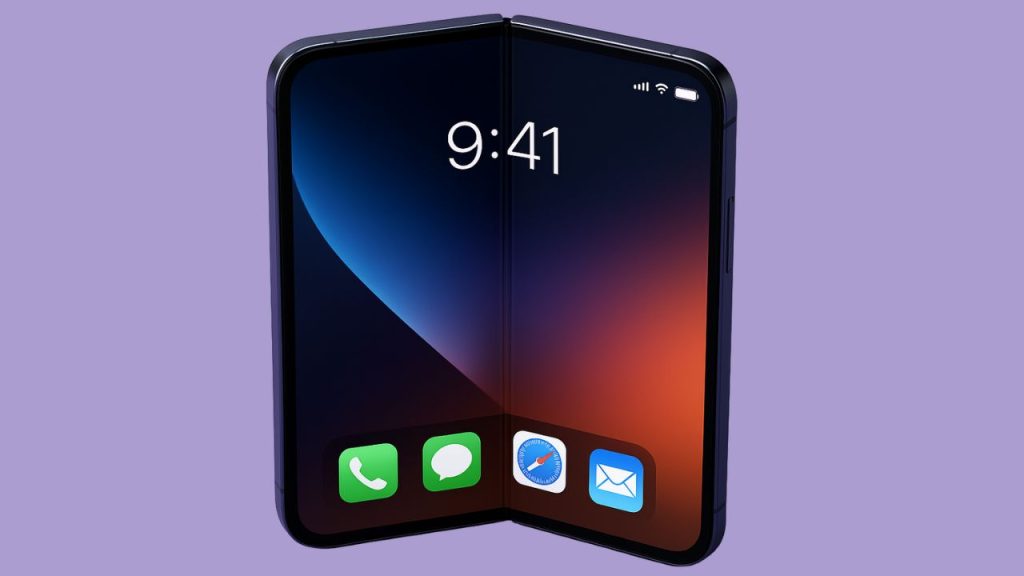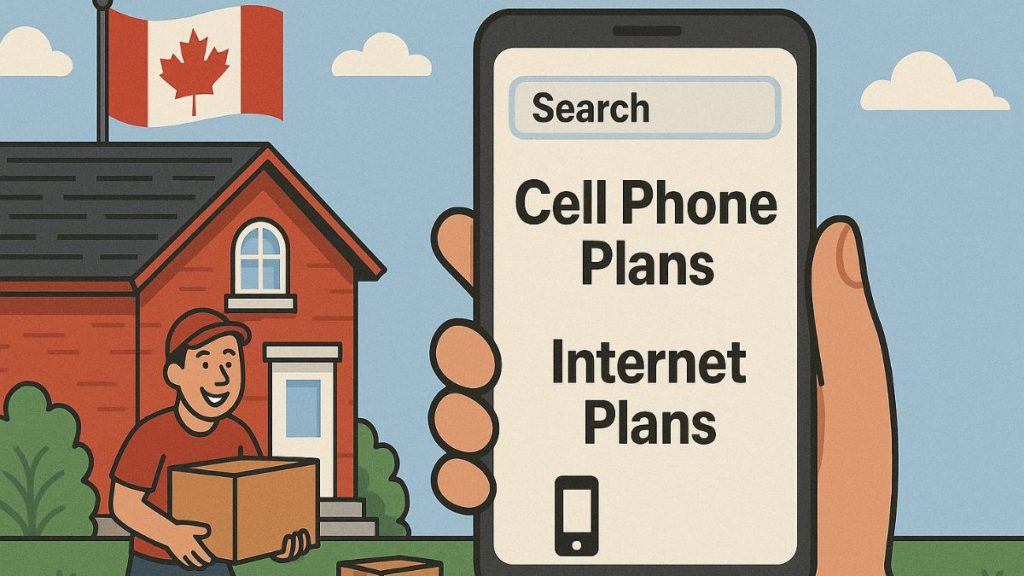Televised content was once a technological marvel that only a few lucky people were able to experience. Times have definitely changed… Now more than ever before, consumers have nearly total control over what they watch, when and where they watch it! There are about as many ways to access your favourite television content as there are fish in the ocean (sort of). With so many available options, it can be quite easy to get lost in the various television plans! In hopes of shedding some light on the matter and maybe helping you figure out which plan will best suit your needs, let’s dive into the three most popular options: IPTV Vs Cable and Satellite TV.
Traditional Television: Explained
Traditional Television is so instilled in our North American way of living that we seldom question how it works. Broadcast networks are delivered to your home in either one of two ways: by cable or satellite. Although they tune into signals differently, they both receive their connection from a central point which makes for the quality of their broadcast.
Cable Television: Up Close and Personal
Cable Television begins its journey in satellite communication systems as a radio frequency signal before being received by your provider’s distribution centre. There, it is modulated into light signals and transmitted through fibre-coaxial networks. At the end of its road, a set-top box decodes the waves and displays them as your favourite broadcasts on your TV. Different frequencies within your cable plan enable you to switch from one channel to the next without interference. Who knew that what separates your football game from a replay of The Titanic are a few flashes of light!
Cable Television: Advantages
-
Offers high-quality video with minimal buffering
With nothing to interfere with weak radio waves, Cable Television offers the most reliable stream of live broadcasts. Its dedicated cable line enables you to watch your preferred channels, even when it’s raining cats and dogs. Plus, no dish required!
-
Pain-free cable TV bundles
Cable television bundles are convenient: when combining your television and internet needs within one provider’s services, you ensure that you won’t be bombarded by a thousand bills and will have easy management over it all.
Cable Television: Disadvantages
-
Restricted Availability
Cable television requires certain proximity to service providers and can therefore be almost impossible to obtain in secluded rural areas. Thinking of living in the backcountry? Cable television might not be the service for you!
-
Hidden fees
Cable companies are confusing when it comes to the cost of their actual service. Most of them hide taxes, rental charges and hidden fees linked special subscription offers.
Satellite Television: “Distant” Relative
For all your faraway broadcasting needs, satellite television is the way to go! Unlike its cabled relative, this service is wireless from A to Z, picking up its content via radio signals sent from orbiting satellites. Once these waves are received by your personal satellite dish, they are decoded by a set-top box and transformed into TV broadcasts.
Satellite Television: Advantages
-
Availability
Because you can setup a satellite dish pretty much anywhere, satellite television can cover virtually any corner of the earth. Faraway cottages, isolated cabins, remote islands: these areas will require satellite television!
-
Price
Satellite television is often cheaper than cable even though there are more HD channels available.
Satellite Television: Disadvantages
-
Requires an Outdoor Satellite Dish
Although acquiring a dish isn’t difficult, its installation is a whole other story! Properly aiming your satellite to capture the correct radio waves can be quite tricky and often requires the help of a professional.
-
Weather
Unlike stable and consistent cable television, this service can be greatly affected by the weather. Winds, rain, storms, snow: your dish—and, by extension, your favourite television content—will be susceptible to the elements.
IPTV: Explained
Is IPTV the television of the future? Perhaps. Internet Protocol Television, better known as IPTV, is a structured paid subscription service offered directly by telecom companies and Internet Service Providers. It allows you to watch television content over Internet Protocol Networks instead of radio waves.
IPTV vs Cable TV
An IP Network communicates datagrams—tiny packets of coded information—using Internet Protocol to send and receive messages between one or many computers. Each datagram is made of two components: a header and a payload. The first acts like a postal service, taking into account the sender’s and the receiver’s IP address. The second is the date that is sent from one computer to the next. This communication enables internetworking! Overall, IPTV vs cable TV is like night and day. The two services function very differently, and boil down to matters of personal preference.
With IP TV, shows, movies and live television are all converted into a compressed digital format which is sent over your home Internet connection. When choosing a program to watch within your channel package on an IPTV provider website, your computer is essentially pulling information from the website’s server by creating a link with its IP address. This allows you to receive all the information needed to display the content you are looking for: local news, TV shows, movies … they’ve got it all!
Evidently, when opting for this type of service, you will want to ensure that you have the best Internet plan possible. IPTV allows you to access other programs that aren’t currently being broadcast by traditional television by sending content from your router to a set-top box: it offers complete control over what you are watching and when you are able to watch it all thanks to the power of the Internet.
IPTV In All Shapes and Sizes
Yes, IPTV truly has something for everyone: whether you are looking to catch up on your favourite soap opera or to watch the next basketball final, one of its 3 formats is bound to suit your fancy.
Video on Demand
This media distribution system allows you to watch television shows and movies without the restrictions of typical set-schedule broadcasting. This “whatever” and “whenever” aspect of VOD is what makes IPTV and similar systems so popular in our era of mass customization.
Time Shifted Media
This form of IPTV includes all limited life-span content which is distributed after the original scheduled broadcast. Didn’t get the chance to record your favourite show on your traditional television network? Time Shifted Media is the heaven of delayed watching.
IP Simulcasting
IP simulcasting sends the same datagrams simultaneously to an array of different destinations, meaning that many different people subscribed to the same IPTV channel, will receive the same exact television content. This content distribution system is mostly used for streaming live sporting events to thousands of synchronous viewers. Perfect for watching any game, anytime, anywhere because it enables you to watch live content with great image quality and minimal buffering.
While IPTV does resemble more widely known OTT (Over the top streaming) streaming platforms such as Apple TV and Roku, IPTV uses a more private, dedicated network to allow a higher quality, more stable streaming experience. Goodbye buffering! Hence, it can be thought of as a hybrid between both OTT providers and cable TV providers.
IPTV: Advantages
-
Interactivity and Fewer Commercial Breaks
Contrary to traditional television, IPTV allows you to interact with your televised content by rewinding your favourite parts and even pausing to go get a snack, both included in its view-on-demand functionality. Leave the days of fast-forwarding through commercial breaks behind you! Your subscription gives you access to all the broadcast content you want with fewer interruptions.
-
Freedom of Distribution
IPTV delivers live or pre-recorded television content to any existing data network, whether it is connected to a television screen or to a computer. This means that by subscribing to an IPTV service, you will be able to watch all your favourite television content on your phone, on your computer or on your internet connected television.
-
Extensive Sources and Diversity of Televised Content
Explore more content than ever before with endless channel options and countless video sources. In addition to regular scheduled television broadcasts, IPTV offers many other channels. Stand up comedy shows, workouts, science, arts … you name it, IPTV will most likely have the channel for you!
-
Relatively Cheaper Than Traditional TV and Customizable Packages
While the price does depend on channels you opt for, IPTV is way more cost efficient than traditional TV as it offers an abundance of different content for a lower cost with the simple installation of a set-top box. Additionally, most IPTV service providers let you curate your own channel packages to suit your TV-watching needs. Television “à la carte”, anyone?
-
High Quality Video
As aforementioned, IPTV uses a privately managed content delivery network which makes for high-quality streaming with less buffering and fewer interruptions than similar over-the-top media (OTT) services. Your provider’s server should almost instantly download the content to your display for a synchronous and smooth experience.
IPTV: Disadvantages
-
Relies on Speed and Efficiency of Broadband Internet
To enjoy your IPTV service to the fullest, you will have to subscribe to a powerful Internet plan. Fortunately, most Internet Protocol Television providers offer complete Internet and television bundles to ensure the best streaming possible.
-
Illegal Streaming
Not all IPTV services are created equal. Many platforms deliver copyrighted and pirated content which can get you into serious legal trouble. Therefore, it is always important to choose a trustworthy provider for all your television needs.
IPTV vs Satellite TV
IPTV vs satellite TV is an interesting matchup. The pain of setting up a dish makes IPTV seem more appealing, but the decision still mostly comes down to personal preference. With so many different offers, it can be quite easy to get lost in the universe of IPTV before finding the right fit. To kickstart your research, here is a list of secure Canadian companies that sell IPTV services:
In Eastern Canada
In Western Canada
IPTV might not be as renowned as its television service competitors, there is no denying the growing popularity of time-shifted media and VOD distributors—both an important part of the IPTV offer—on the Canadian television market. Will IPTV be the solution to your future TV-watching needs? Let us know in the comments.








